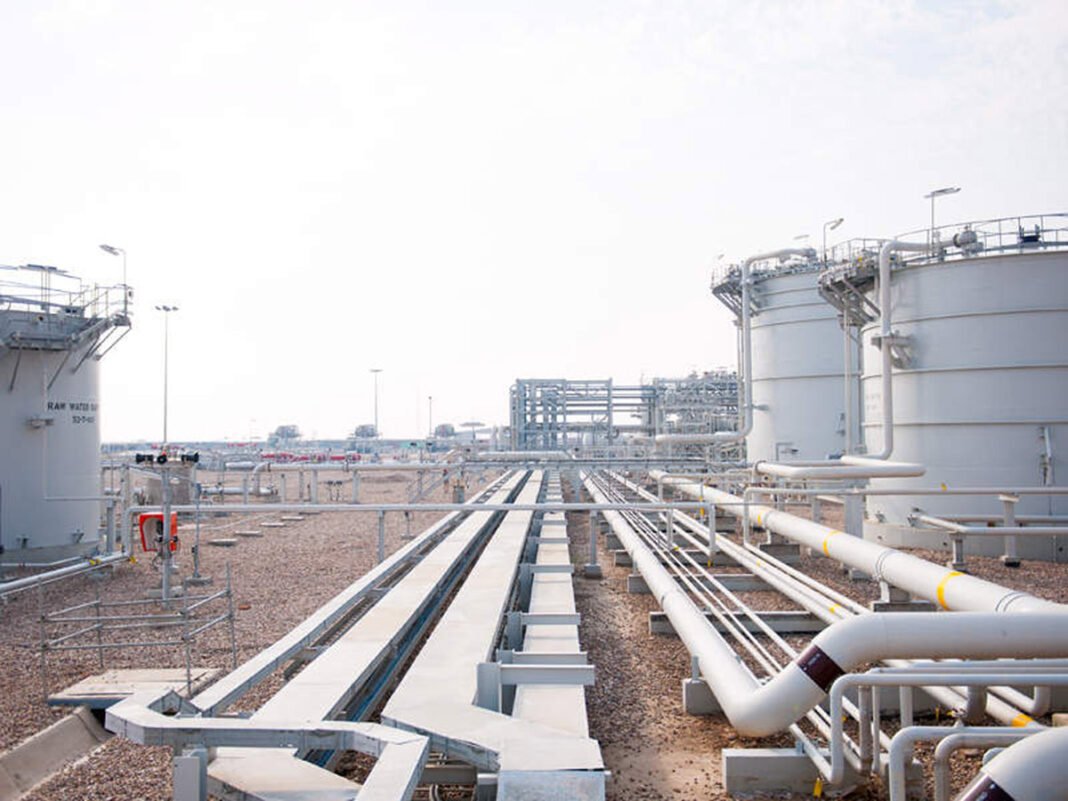Iraq’s oil sector is moving forward with major changes. One of the biggest steps is the FCC project. The Fluid Catalytic Cracking (FCC) project will greatly increase fuel production across the country. Oil officials believe the FCC project will help Iraq reach fuel self-sufficiency soon.
Currently, Iraq relies on imported fuel to meet daily demand. These imports place stress on the national budget and delay economic growth. However, with the FCC project nearly finished, Iraq plans to produce much more fuel locally. This shift will strengthen Iraq’s control over its energy resources.
Deputy Prime Minister and Oil Minister Hayan Abdul Ghani visited the site recently. He praised the workers for their commitment and hard work. Moreover, he stressed that the FCC project will cut fuel imports and reduce spending on foreign supplies. He also said it supports Iraq’s long-term development goals.
The FCC unit will turn heavy crude oil into gasoline, diesel, and other high-value fuels. This process improves both the volume and quality of the fuel. It also allows Iraq to meet rising demand while using its own crude oil.
In addition, the refinery will produce cleaner fuels that meet modern environmental standards. Iraq wants to provide better products to its people. It also hopes to attract more investors with its improved energy infrastructure.
Workers continue to test equipment and inspect systems at the site. Technicians expect the unit to begin trial runs very soon. Officials are confident that full operations will start shortly after successful tests.
The FCC project supports energy security and boosts the national economy. It also sends a strong message to international partners. Iraq is ready to lead in regional fuel production and energy growth.
This project also fits into a wider plan to modernize Iraq’s refining sector. The government hopes to launch more projects like this across the country. These steps will help reduce waste, raise output, and create new jobs.
Thanks to the FCC project, Iraq’s oil sector is entering a new phase. Energy leaders see this as a turning point for the country. They aim to build a strong, modern, and self-sufficient energy system.


